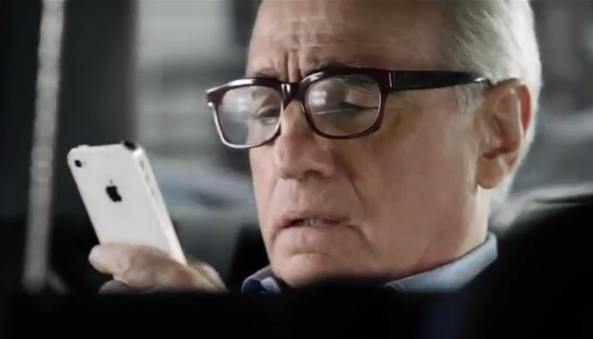The Uberization of the economy is a very convenient thing unless you’re one of those employed within that system. Then you could be inconvenienced. This cultural shift may be good or ill for workers in the long run depending on whether other companies utilize Uber’s rapacious business practices. From an Economist story about the proliferation of the Peer Economy in America, in which not everyone is an equal:
“Handy is one of a large number of startups built around systems which match jobs with independent contractors on the fly, and thus supply labour and services on demand. In San Francisco—which is, with New York, Handy’s hometown, ground zero for this on-demand economy—young professionals who work for Google and Facebook can use the apps on their phones to get their apartments cleaned by Handy or Homejoy; their groceries bought and delivered by Instacart; their clothes washed by Washio and their flowers delivered by BloomThat. Fancy Hands will provide them with personal assistants who can book trips or negotiate with the cable company. TaskRabbit will send somebody out to pick up a last-minute gift and Shyp will gift-wrap and deliver it. SpoonRocket will deliver a restaurant-quality meal to the door within ten minutes.
The obvious inspiration for all this is Uber, a car service which was founded in San Francisco in 2009 and which already operates in 53 countries; insiders say it will have sales of more than $1 billion in 2014. SherpaVentures, a venture-capital company, calculates that Uber and two other car services, Lyft and Sidecar, made $140m in revenues in San Francisco in 2013, half what the established taxi companies took (see chart 1), and the company shows every sign of doing the same wherever local regulators give it room. Its latest funding round valued it at $40 billion. Even in a frothy market, that is a remarkable figure.
Bashing Uber has become an industry in its own right; in some circles, though, applying its business model to any other service imaginable is even more popular.”

